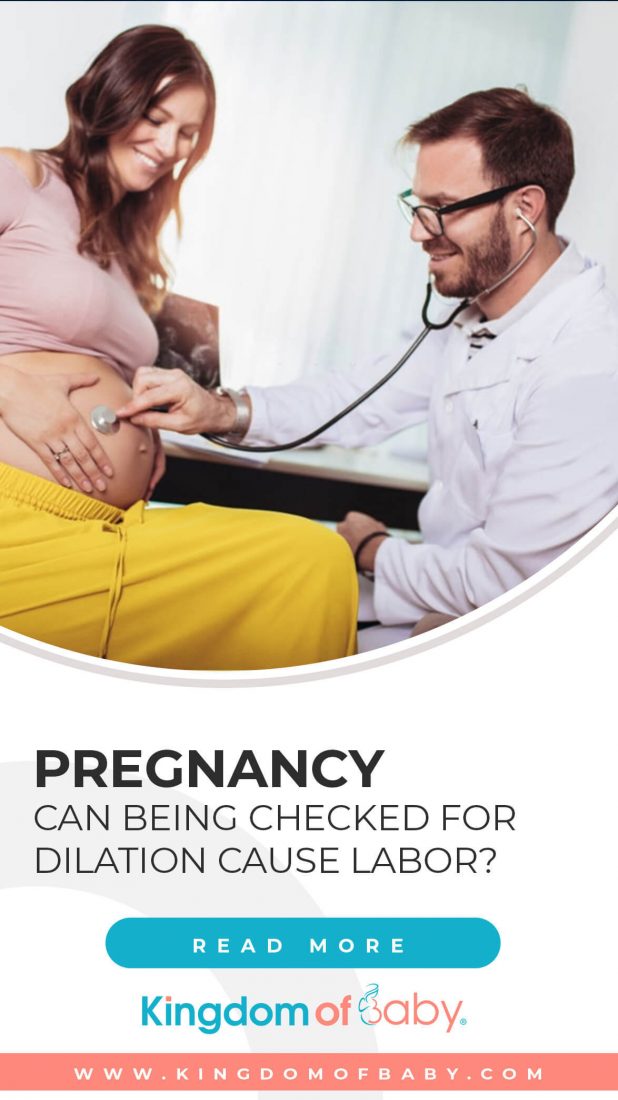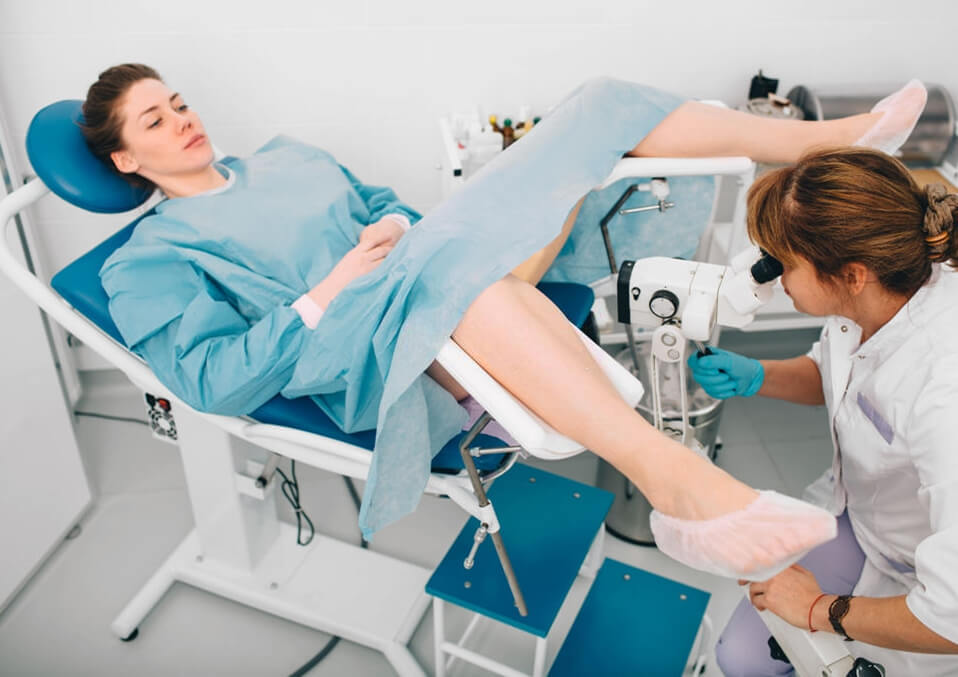
For pregnant mothers out there, one question that comes to mind most often – can being checked for dilation cause labor?
It is vital to note that when a cervical exam to check for dilation is performed, it has its share of risks – it might increase the risk of vaginal infection or possibly result in premature rupture of membranes (PROM).
It is a widespread misunderstanding that if a cervical exam is performed at the end stage of pregnancy, it tells vaginal birth is an option or if labor will begin soon. Remember that this is incorrect.
However, if the exam is performed at this phase, it enables the doctor to ascertain dilation and even the positioning of the baby. This is useful in helping to identify when labor does start.
Labor concerns: Can being checked for dilation cause labor?

If you are wondering can being checked for dilation cause labor – let us take a close look. Based on some findings, it confirms a connection between regular weekly cervical exams in the last month of pregnancy and a higher risk in the rupture of members to occur even before labor was meant to start.
The natural onset of labor might be a week or only days away, but the body is not quite ready yet. If effective labor does not commence, this is followed by induction. Once induction diminishes, as often it will due to the premature rupture and the body of the mother and baby are not ready, a CS is often the consequence.
Some healthcare providers start doing cervical exams at around 37 weeks. Women must consult the doctor whether these exams are required to ensure both her health as well as the baby before providing approval to the procedure.
What is dilation?
Dilation refers to the opening of the cervix while effacement refers to the thinning of the cervix. Both dilation and an effaced cervix occur to provide an opening from the uterus to the birth canal so the baby can be delivered.
During a vaginal delivery, the cervix must be 10 centimeters dilated and 100 percent effaced. Although cervical dilation is needed for labor to start, being dilated is not necessarily a sign that true labor is starting.
There are instances in which a woman will dilate a few centimeters weeks before the due date. Others dilate relatively faster, usually in just a few hours and quickly progress between the stages of labor.
A close look at the cervical exam

If you are wondering how doctors check dilation, the cervical exams measure factors that can be used to determine when labor is coming, but they cannot predict when exactly it will start. The exam is performed to evaluate the following:
- Dilation. This refers to how wide the cervix has opened
- Ripeness. This refers to the overall texture of the cervix. It initially starts with a firm texture, softens to the texture of an ear lobe until it softens further similar to the inside of the cheek
- Effacement. This refers to how thin the cervix is.
- Station. This is the placement of the baby in relation to the pelvis which is calculated in (+) and (-). If the baby is at zero station, it is engaged while a negative reading means that it is still afloat.
- Positioning of the baby.
- Placement of the cervix.
Final thoughts
Now that you know the answer to your question – can being checked for dilation cause labor? Women must confer with the doctor regarding proper care during pregnancy. Some pregnant women decline the cervical exams, while others give consent to the procedure only after 40 weeks.
Read also:
- [Dilation During Pregnancy]
- [Guide to Cervical Check Pregnancy Exam]
- [Average Labor Time for a Pregnant Woman]


